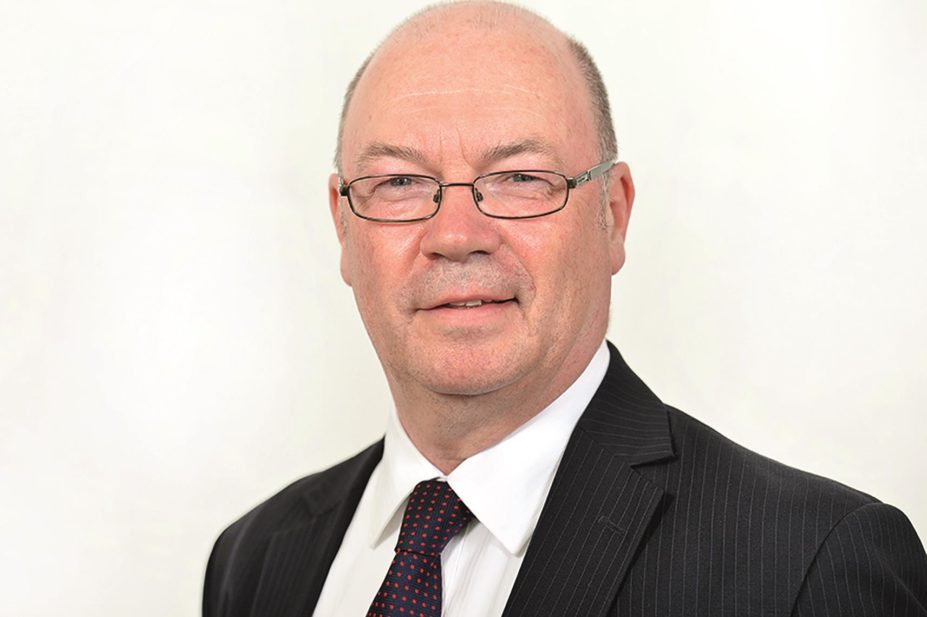
Department of Health
The UK government will consult on amending medicines legislation to allow all community pharmacies to operate using centralised dispensing, Alistair Burt, community and social care minister, has announced.
Speaking at the Pharmacy Show in Birmingham on 19 October 2015, Burt said the government wanted the new arrangements to be in place within a year.
Existing medicines legislation is a barrier to independent pharmacies operating under this model, known as “hub and spoke” dispensing. The law prevents pharmacies from using this model if they are not part of the same legal entity as the hub.
“If we want further expansion and new roles, against the backdrop of significant financial pressures, we need to create the right climate for you to be even more efficient,” Burt told delegates at the event. “Today I’m pleased to announce that the government plans to take forward, and will consult on, the changes to medicines legislation that are needed so that all community pharmacies can benefit from central dispensing arrangements if they choose. Subject to the outcome of this consultation, we’re aiming to have the changes in place by October 2016.”
In a hub and spoke model, the assembly, dispensing and labelling of medicines takes place in a central ‘hub’ and dispensed medicines are sent to ‘spokes’ — registered pharmacies and other premises — for patients to collect.
Previously, the chief pharmaceutical officer for England, Keith Ridge, has spoken about the need for all community pharmacies to have access to large-scale centralised dispensing. Ridge told the Royal Pharmaceutical Society (RPS) annual conference in Birmingham on 14 September 2015 that implementing large-scale centralised dispensing well in community pharmacy would be “safer and more efficient” and free up staff to work more closely with patients.
In 2014, Pharmacy Voice called for the relaxation of legislative barriers to extend this distribution model to independent pharmacies.


